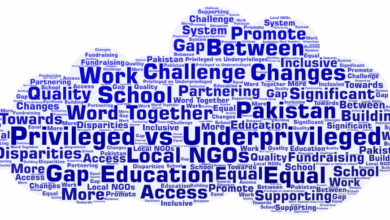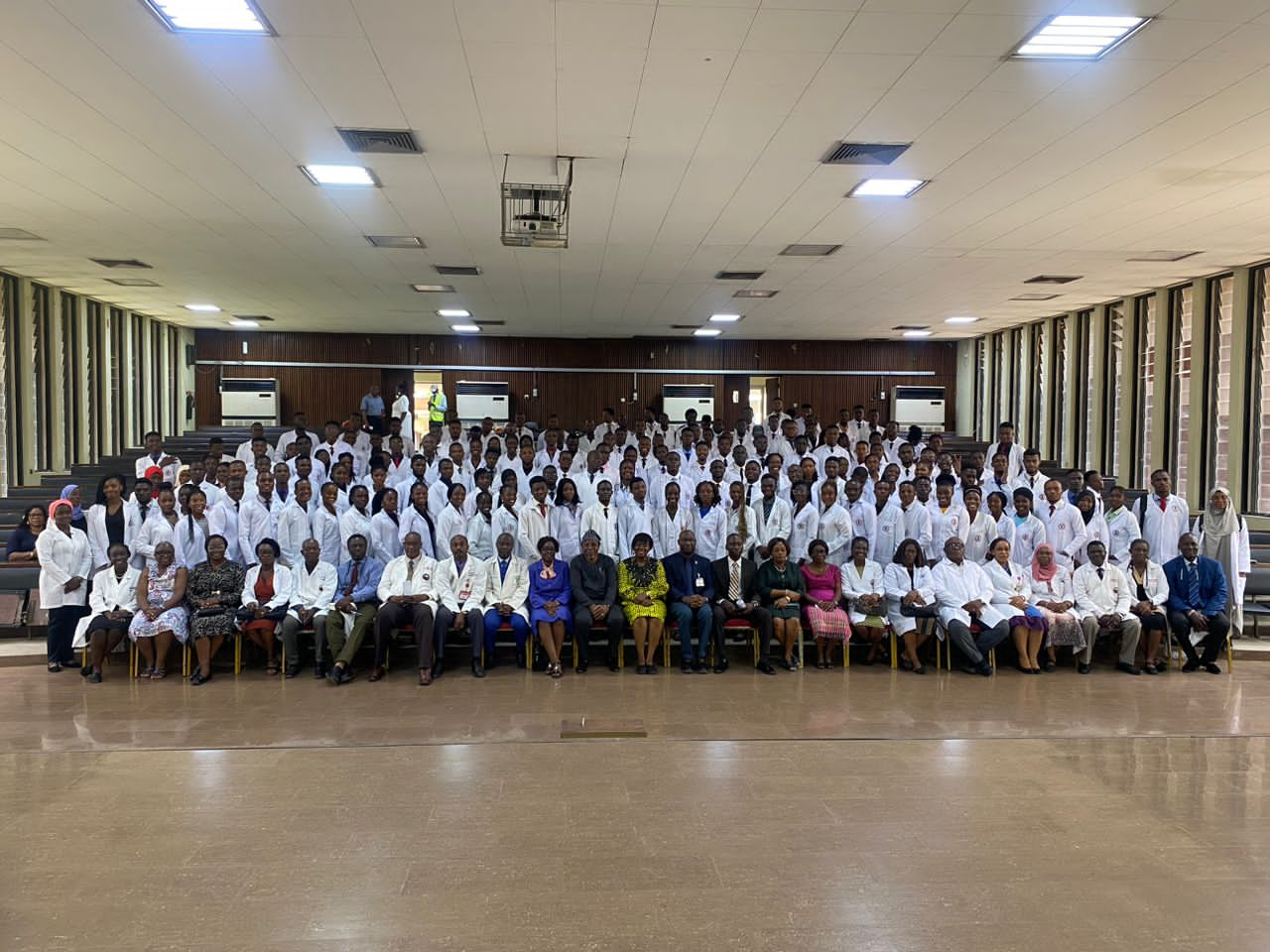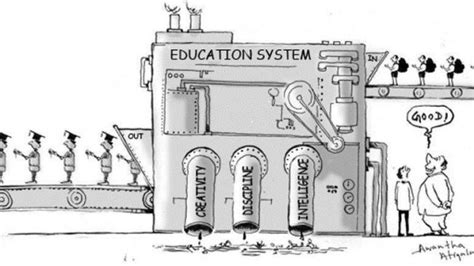Nigerians, Religion, and the Economy (1): Work Ethic

Summary
- A recognition of the dissonance between the apparent exceptional religiosity of Nigerians as a whole (compared to other nations) and the existentially perturbing decay in Nigerian society (coupled with the deplorable state of the economy) has been a recurring theme in cultural conversations.
- While an apologetic that dissociates the essence of religion from temporal utility has superficially sufficed to address this concern, a historical evaluation of the cultural ramifications of Judeo-Christian values (archetypal of pro-societal religion), particularly during periods such as the early modern period (1500-1800) reveals a deeper truth worthy of consideration.
- The 16th century Protestant Reformation amplified certain Judeo-Christian values, like the Protestant work ethic, individual responsibility and civic duty, and literacy (needed to read Scripture), which catalyzed economic and societal transformation, particularly in Northern Europe and later North America.
- Therefore, presupposing a significant influence by even a relatively small proportion of Christians in any society, the decay in the Nigerian system cannot be attributed to the consistent application of these fundamental religious principles, but rather a neglect of them, evident in the poor work ethic, materialism, and corruption that is rife across the country.
The Roots of Decay
Even the blind can testify to the reality of Nigeria’s crippled economy. Everybody—okay, maybe not everybody but especially the common man—knows by experience that the country is in dire straits. Ask any random person on the street what they think is responsible and there’s a 4-in-5 chance they’ll mention something about corruption or its variants. There’s an even higher chance that whatever else is mentioned (the remaining 1) can somehow be linked to corruption. For instance, Nigeria ranked 145 out of 180 countries on the 2023 Corruption Perceptions Index by Transparency International, reflecting widespread public sector corruption. Setting aside the irony of the fact that we are never the ones at fault even when we obviously fall by our own standards in our own circles of influence (because it’s always the government), this observation betrays a recognition of the moral underpinnings of our woes as a society.
Whether it is the “Yahoo” boy (a term for young men engaging in online fraud) frantically seeking to defraud his way into a fortune or the woman at the provision store hiking prices under the guise of unstable market prices; whether it is the public official employing “dubious mathematics” with constituency/agency/ministry funds or our “friends” at road checkpoints subtly or forcefully prompting us to grease their palms; whether it is the manufacturing industries circumventing due process to defy standards regulations or those shamelessly dipping the quality of goods while raising their prices; everybody must admit that our problem is fundamentally moral.
But this sets the pace for what seems to be a conundrum, for, given the emphasis of many religions on moral uprightness, how can we account for this disconcerting phenomenon in light of the fact that Nigeria is among the top five most religious countries globally, with over 95% of its population identifying as religious, according to a 2010 Pew Research Center study? Not a few people have come to this realisation, comparing the situation to more apparently flourishing, “working” societies in Europe or the West who are evidently less religious. For example, countries like Sweden and Denmark, with lower religiosity (around 20-30% identifying as religious), consistently rank among the top 10 least corrupt and most prosperous nations. This has led them to question the usefulness (or even, truth) of religion.
[For the sake of consistency and coherence, I will be streamlining my argument to orthodox Christian religion (historically defined, apostolically rooted, and Biblically communicated). My argument will remain valid because (1) its force is grounded in Judeo-Christian values and how they translate to societal transformation, and (2) these values may be–and often are–adopted and practised by non-Christians. It is not my aim in this piece to demonstrate whether or how these values are intrinsically derivative of the Christian faith; hence this is assumed here as an “epistemic given”.]An Interesting Legacy
In responding to this charge, many Christians have often pointed (consistently with the tenets of their faith) that the primary object of the Christian faith is not economic emancipation or societal reform but spiritual redemption. In other words, the essence of their religion is not making society richer or better per se, but preparing them for eternity in heaven. But the problem with this is that it is not the full truth, according to both their Scripture and history. At the onset, the perhaps most obvious fact is that according to the Bible, spiritual redemption must necessarily be accompanied by moral transformation which will inevitably result in societal reform. In other words, the moral implications of the gospel they preach has cultural ramifications which will affect the economy and various aspects of society. And this has been proven at several points in history, especially in the early modern era (1500-1800).
The Protestant Reformation which began in the early 16th century wasn’t just a theological phenomenon marked by a return to the original texts of the Christian faith (especially the Bible in its original languages Hebrew and Greek) as the primary authority in the Christian life (per the axiom “ad fontes” i.e., to the sources) in reforming corrupted traditions that by then had characterized the medieval church; it was an engine for social and economic reform once certain principles—which were logical implications of Judeo-Christian teaching—came into full and proper view. At least three of these come to mind, namely: work ethic, literacy, and civic duty.
First, emphasis on the Moral Law (codified in the Ten Commandments) in proper relation to the “Protestant-recovered” gospel precipitated themes such as personal accountability to God, moral agency, and the duty to act justly in one’s community. The sense of disciplined, responsible living that this cultivated led to a culture of integrity and diligence in business, which when coupled with the Protestant view of (all legitimate) work as a divine calling (contra the medieval perspective of the spiritual superiority of religious work e.g. as a monk or priest), encouraged individuals to fulfill their God-given roles, whether as farmers, artisans, or merchants, with diligence and excellence. This mindset transformed labour from a mere necessity into a moral duty, encouraging productivity and innovation. For instance, Puritan communities in colonial America emphasized self-reliance and hard work, leading to prosperous, self-sustaining economies.
This fact informed 20th-century German sociologist, historian, and political economist Max Weber’s “The Protestant Ethic and the Spirit of Capitalism,” wherein he argued that the Protestant work ethic, particularly rooted in Calvinist and Puritan beliefs, played a crucial role in the development of modern capitalism. He further argued that Protestant values—emphasizing hard work, frugality, discipline, and a sense of vocational calling as a sign of divine favour—created a cultural mindset that fostered capitalist behaviours like savings, investment, and rational economic organisation. He contrasted this with other religious traditions, suggesting that Protestantism’s unique ethical framework encouraged the accumulation of wealth and economic dynamism, particularly in Northern Europe and North America during the early modern period. Weber noted that Protestant regions like the Netherlands and England saw rapid economic growth, with the Dutch Republic’s GDP per capita in the 17th century rivaling modern economies.
Second, the Protestant emphasis on individual responsibility for understanding Scripture drove widespread literacy campaigns, beginning with its translation into the “vulgar” languages (prior to that time, the Bible was only in Latin, which only the elite knew). Reformers like Martin Luther argued that every believer should read the Bible, leading to the establishment of schools and higher literacy rates in Protestant regions (e.g., the Netherlands, Scotland, New England). Education which had been restricted to only the elite class became “democratised,” far more accessible to the common man. This empowered individuals to take responsibility for their intellectual and spiritual growth, fostering a skilled, informed workforce that fuelled economic growth and innovation. In the Massachusetts Bay Colony, for example, literacy rates reached nearly 70% by 1700, far surpassing those in Catholic colonies, due to the emphasis on this individual responsibility. Also, Scotland’s parish school system established post-Reformation, achieved near-universal literacy by the 18th century.
Third, Judeo-Christian values linked personal responsibility to communal well-being. In the early modern period, this translated to self-governing communities, particularly in Protestant areas. For example, Puritan towns in New England operated with town meetings where individuals were expected to contribute to collective decisions responsibly. This sense of civic duty laid the groundwork for democratic ideals, as individuals saw themselves as accountable not only to God but also to their community, hence fostering a political climate exceptionally adjuvant to societal flourishing.
This also had legal ramifications, as the idea that individuals are accountable to God influenced legal systems that protected personal rights and property. In medieval Europe, canon law emphasized individual consent in contracts and marriages, fostering trust in economic transactions. However, in the early modern period, this evolved into concepts of individual liberty and accountability in governance, influencing documents like the U.S. Constitution, which balanced personal freedom with civic responsibility.
It must be noted, therefore, that while it may be up for debate whether all the Founding Fathers of the United States were Christians (though most of them certainly were), there is no doubt that they all operated within these ethical frameworks grounded in what they recognised to be transcendent ideals, evident in their language, argumentation, and copious “religious”/scriptural references in their documentation and governance. The impact of these, though now considerably eroded in some Western nations due to secularism, continues to underpin human rights legislation and democratic institutions. It is also worth noting that the sustained prosperity despite lower religiosity in secular societies such as Sweden and Denmark (relying on the cultural residues of Lutheranism) indicates that these Judeo-Christian values, once embedded, can persist in cultural norms without overt religious adherence. In other words, it’s not about profession, but practice. However, with time, without the necessary theological foundation or coherence anchoring these values to a transcendent purpose, cultural erosion is bound to occur, as may be seen in emerging challenges in these societies.
A Necessary Application
In light of the above, it becomes clear that, if anything, Nigeria isn’t suffering from the negative effects of Christian principles faithfully and consistently applied. The materialism and bad, irresponsible work ethic prevalent across the nation exhibited by many professing Christians is a denial of their rich, pro-flourishing-society heritage. The discourteous, nonchalant woman at the admin office of that public establishment; the greedy and materialistically driven “pastor” or minister always demanding money under various guises (“seed-sowing”, “open doors”, etc.); the entrepreneur or business owner conniving with corrupt authorities to perpetrate evil and undermine public safety through substandard products; the public official readily changing figures to advance his own political (or other) ambition and/or remain in the favour of certain folks; the lecturer extorting or making disgusting, damning moves to students (especially of the opposite sex); the idle husband abusing his wife or shamelessly neglecting his duty to provide for his family but loitering night after night at places he shouldn’t be; the idle youth desperately driven by greed to dubiously “stumble on sudden fortune”; the men and women who do no work but go for prayer meetings warring against “forces hindering their progress” all day every day—while these may all claim to be Christian, they deny the very principles that follow logically from the Christian faith. Not only do they operate on very faulty foundations, they live out ideologies that are historically and scripturally foreign to the religion they claim to subscribe to.
Therefore, it would be logically inconsistent and historically irreverent to attribute to (the Christian) religion the unpleasant consequences (bad economy, decaying society) of their actions or inactions (pertaining to their work ethic) since they evidently do not operate in the spirit and principles of the religion. And until Christians learn to embrace the practical implications of their faith, they may as well bid farewell to thoughts of a better society. Let all who honour truth and intellectual honesty say Amen.





Religiosity seems to have a lot to do with societal insecurity, says Victoria Ration in her recent ebook “Why some people believe …”. She refers to the work of Ronald Inglehart and Pippa Norris.
Delores